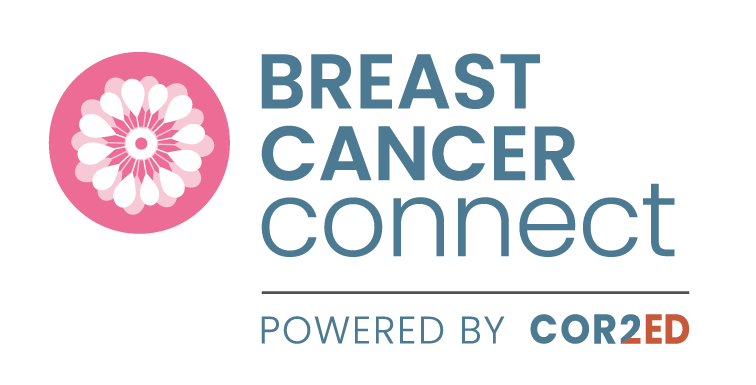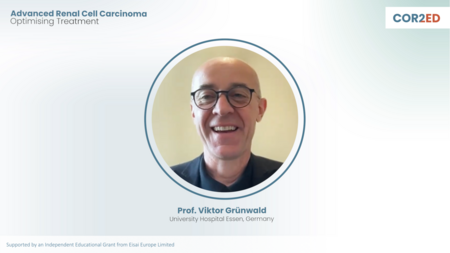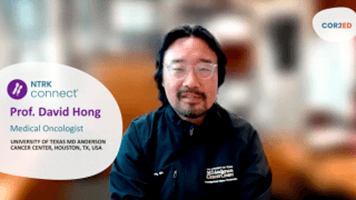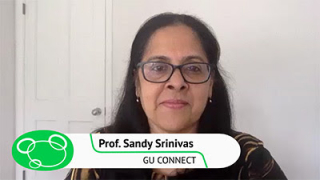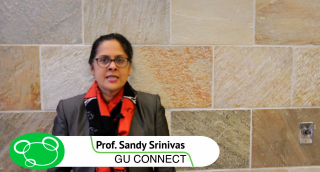
Immunotherapy in genitourinary tumors
Immunotherapy in genitourinary tumors
Prof. Sandy Srinivas
This month Prof. Sandy Srinivas and Prof. David Pfister provide an interesting overview of Immunotherapy in genitourinary tumors.
Prof. Sandy Srinivas
Medical Oncologist
Stanford University Medical Center
United States (US)
Prof. Sandy Srinivas has received financial support/sponsorship for research support, consultation, or speaker fees from the following companies:
|
5 min
|
2017
This programme was made for you: your opinion matters
Share your feedback in just 4 clicks and help us to continue to create the content you need.
I agree that this educational programme:
Was valuable to me:
1/4
Has improved my knowledge of this topic:
2/4
Is likely to change my clinical practice:
3/4
Was balanced and unbiased:
4/4
download resources
This programme was made for you: your opinion matters
Share your feedback in just 4 clicks and help us to continue to create the content you need.
I agree that this educational programme:
Was valuable to me:
1/4
Has improved my knowledge of this topic:
2/4
Is likely to change my clinical practice:
3/4
Was balanced and unbiased:
4/4
Immunotherapy in genitourinary tumors
GU medical oncologists Prof. Sandy Srinivas and Prof. David Pfister give us an insight into the use of immunotherapy in the treatment of genitourinary tumours. Focus is on the toxicity of check-point inhibitors, and handling for best patient care. In this slide and video set they cover which immunotherapies are indicated for use in urothelial carcinoma, prostate cancer, and renal cell cancer.
Considering outcomes and side effects
Discussed are side effects of immunotherapy in renal cell cancer including immune associated side effects, acute phase reactions, and haematotoxicity. Also covered is the FDA approval status of check-point inhibitors including the monoclonal PD-1 and PD-L1 antibodies: durvalumab, pembrolizumab, nivolumab, and atezolizumab. There is an examination of data on overall survival and side effects in a study of nivolumab verses everolimus treatment of renal cell carcinoma (RCC). Additionally, data are presented from two separate studies detailing side effects of nivolumab and atezolizumab in the treatment of urothelial carcinoma. Finally, a discussion on how to spot and manage side effects. Gain clinical insight into immunotherapy use in genitourinary cancer by watching the video and downloading the slides.
GU CONNECT is an initiative of COR2ED, supported by an Independent Educational Grant from AstraZeneca, Bayer and Eisai Europe Limited.








